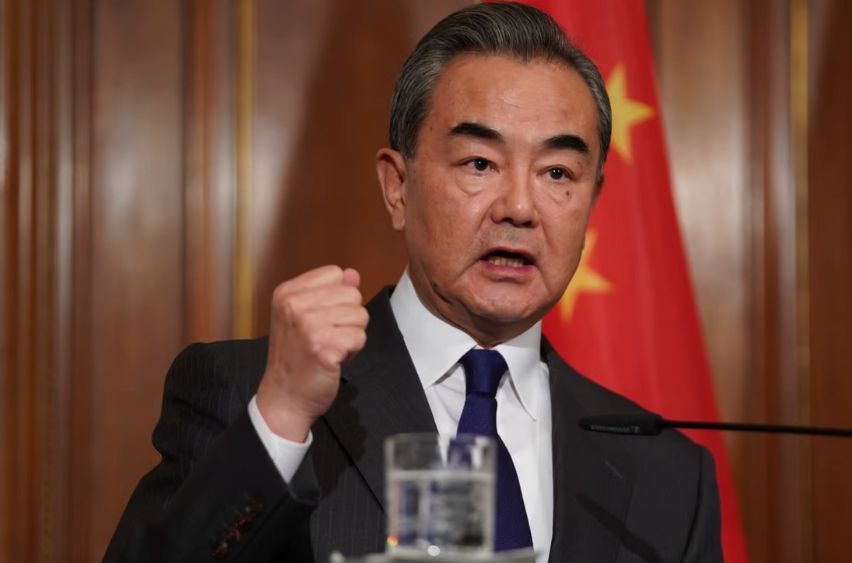Washington: China’s Foreign Minister Wang Yi will visit Washington Thursday for high-level talks, the US state department has announced, as the two countries try to “responsibly manage” their fraught relations.
Wang’s trip to Washington is seen as paving the way for a potential meeting between President Joe Biden and his Chinese counterpart Xi Jinping on the sidelines of the Asia-Pacific Economic Cooperation (APEC) Summit in San Francisco next month.
The likely meeting would be Xi’s first trip to the United States since April 2017.
Secretary of State Antony Blinken will host Director of the Chinese Communist Party (CCP) Central Foreign Affairs Commission and Foreign Minister Wang in Washington October 26-28, the state department said in a press release Monday.
“Secretary Blinken and Director Wang will discuss a range of bilateral, regional, and global issues as part of ongoing efforts to responsibly manage the U.S.-China relationship and to maintain open channels of communication,” it said.
Wang is also expected to meet US national security Adviser Jake Sullivan during his stay here, according to US media reports.
Blinken spoke with Wang October 14 and urged China to use its relationships with countries in the Middle East to stop the conflict in Israel from spreading. He also highlighted the importance of discouraging other parties from entering the conflict.
Ties between Washington and Beijing have become increasingly fraught lately. The two nations have been locked in an escalating trade spat since early 2018, raising import tariffs on each other’s goods.
The United States will continue to use diplomacy to advance its interests and values, address areas of difference, and make progress on shared transnational challenges, the statement said.
Wang’s visit comes amid US lawmakers asking China to iron out differences in trade and economic ties between the world’s two largest economies.
It also comes after the US reiterated its commitment to defend the Philippines in the event of an armed attack, as stipulated in a 1951 treaty. This statement followed a maritime incident Sunday when Chinese ships blocked and collided with two Filipino vessels near Second Thomas Shoal.
China claims nearly all of the disputed South China Sea, though Taiwan, the Philippines, Brunei, Malaysia and Vietnam all claim parts of it. Beijing has built artificial islands and military installations in the South China Sea.
PTI
